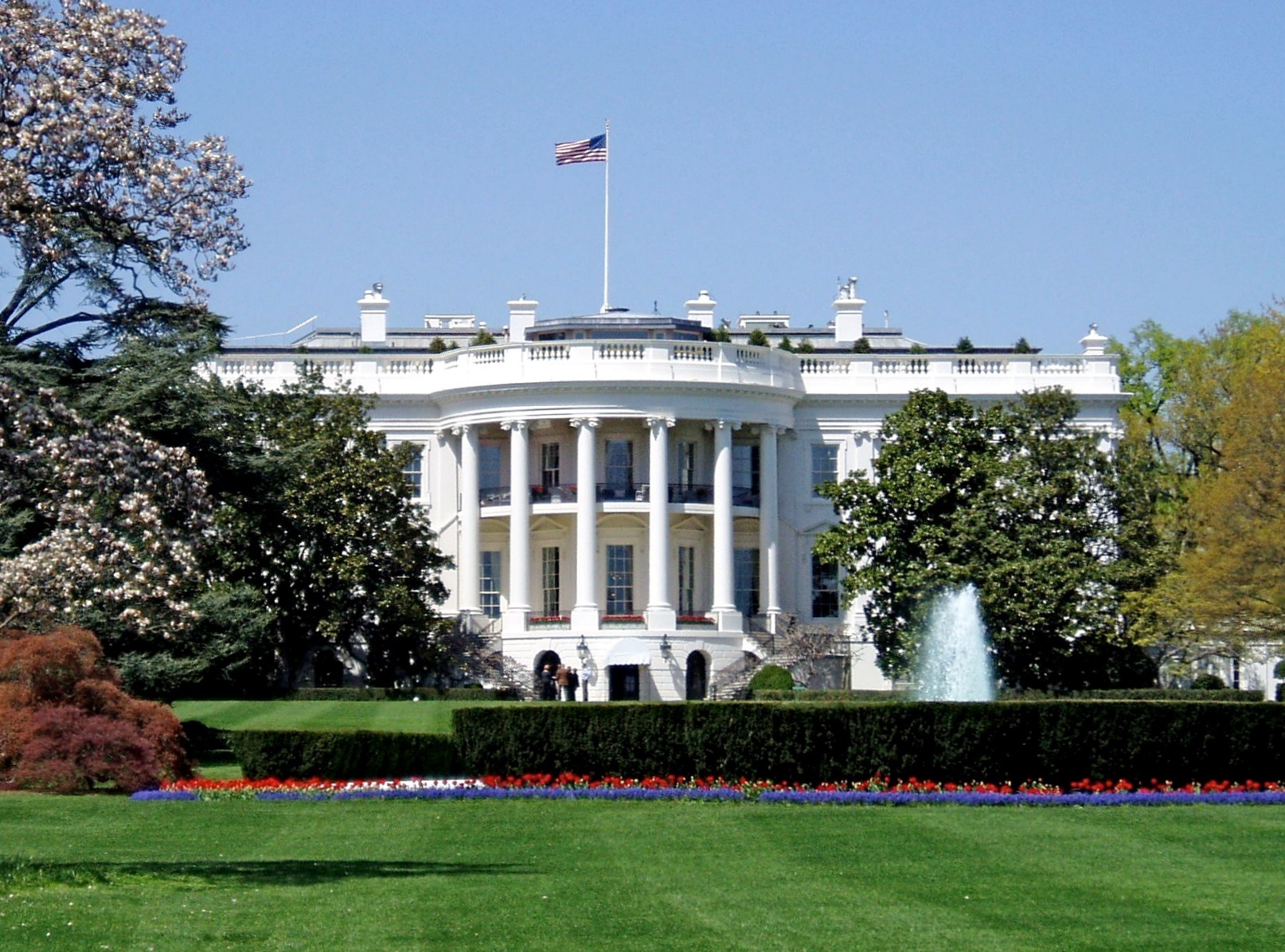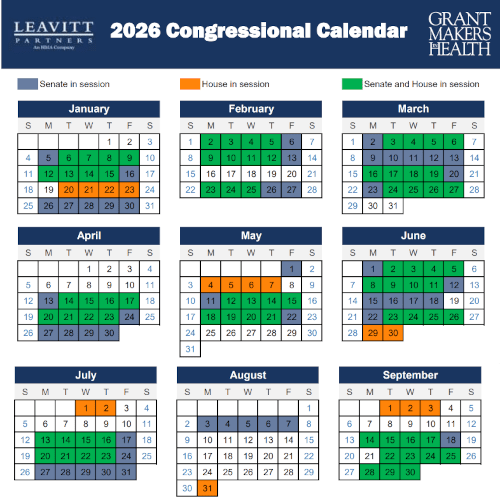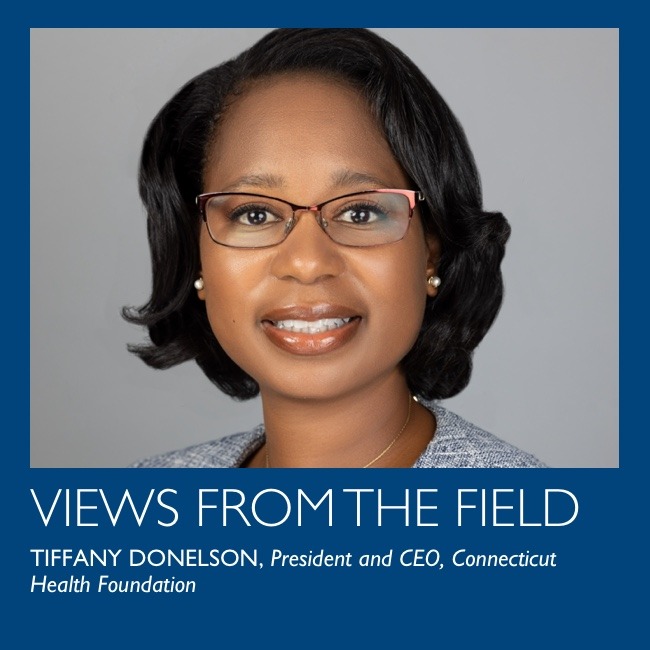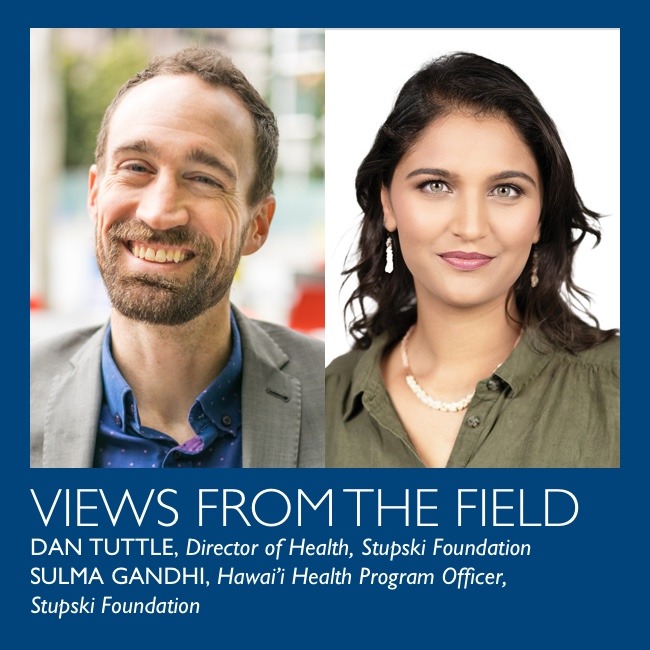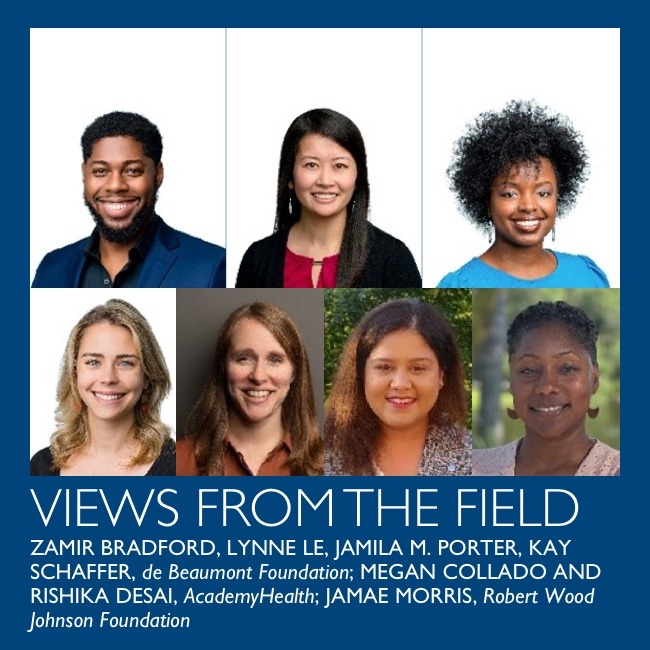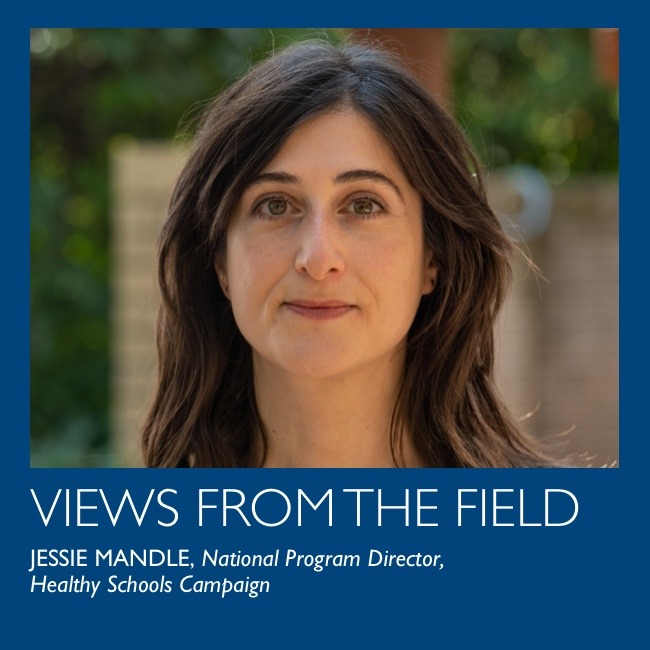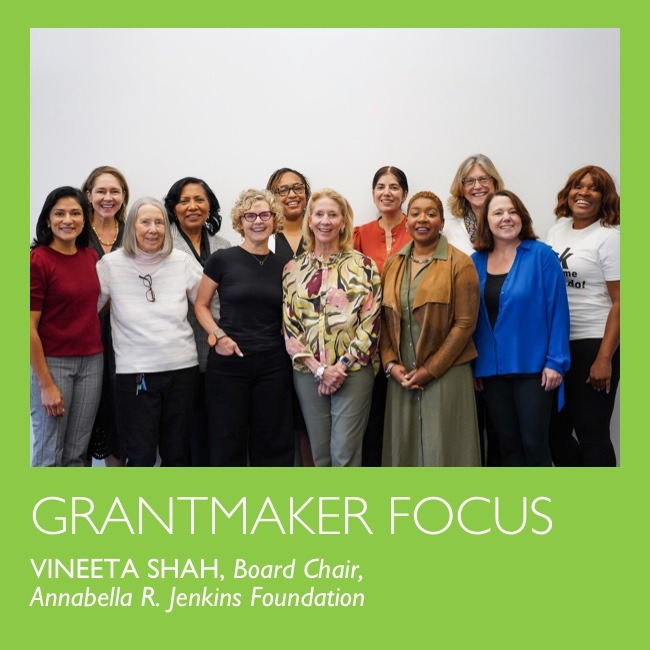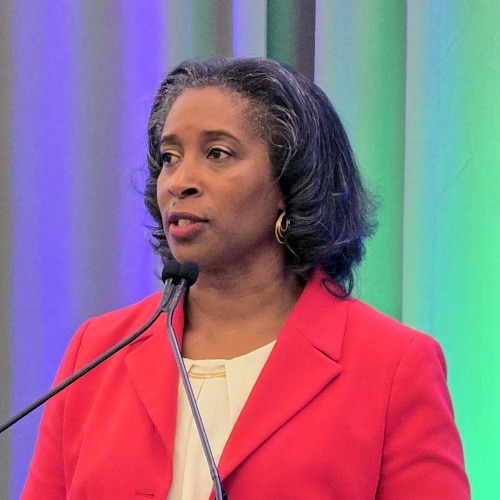Grantmakers In Health Welcomes New Members to Board of Directors
Grantmakers In Health (GIH) is pleased to announce the elections of David Jordan, President and CEO, United Methodist Health Ministry Fund; and Regan Gruber Moffitt, Vice President of Community Investments, St. David’s Foundation; to its Board of Directors.
Deadlines in Health-Related Executive Orders and Presidential Memoranda
This GIH policy resource details many of the health-related executive orders issued by the administration and includes a calendar of upcoming implementation deadlines.
2026 Congressional Calendar
Developed in collaboration with Leavitt Partners, this calendar tracks when each house of congress will be in session in 2026.
Roles for Philanthropy as Medicaid Changes Take Effect
For those of us who have worked toward health equity, who have spent the past few years building toward incremental gains and pushing for larger change, the events of this year can feel like one big backslide. At times, it’s overwhelming. Yet this is not the time to get bogged down by the size of the challenge or by analysis paralysis. From where I sit, I see five roles that philanthropy can play in the rollout of changes to Medicaid.
Acting with Urgency: Stupski Foundation Accelerates Its Spend-Down Grantmaking
In this interview, Grantmakers In Health’s Maya Schane spoke with Dan Tuttle and Sulma Gandhi of the Stupski Foundation about the foundation’s spend-down strategy and acceleration of grantmaking in 2025 in response to federal policy changes.
Protecting Children’s Access to Health Care in Schools: The Impact of Medicaid Cuts on School Health Services
“Due to the remote area we serve, our students have little to no access to medical services otherthan those provided in schools.”—Superintendent from a rural school district in Michigan. Schools are essential places for children to access health services. An estimated 40 percent ofschool-aged children have at least one chronic health condition (National Survey of Children’sHealth, 2019). Among low-income children with special health careneeds, approximately 87percent do not receive necessary care, primarily due to financial costs and limited access (Childand Adolescent Health Measurement Initiative, 2022). Providing health care at school, where children spend most of their days, is crucial to addressing these concerns.
Annabella R. Jenkins Foundation
“Health equity is not achieved by philanthropy alone. Guided by the vision of our all-female volunteer Board, the Jenkins Foundation is proud to collaborate with community partners and grantees by investing in relationships, resilience, and equitable access to care across the Greater Richmond, Virginia region. A recent example is our partnership in Boost 200, a workforce development initiative led by the Virginia Health Care Foundation. Through shared learning and collective investment with local funders, we have helped expand licensure opportunities for behavioral health counselors—strengthening our region’s pipeline of mental health professionals and improving access to care for our community.”
Philanthropy @ Work – Transitions – December 2025
The latest on transitions from the field.

